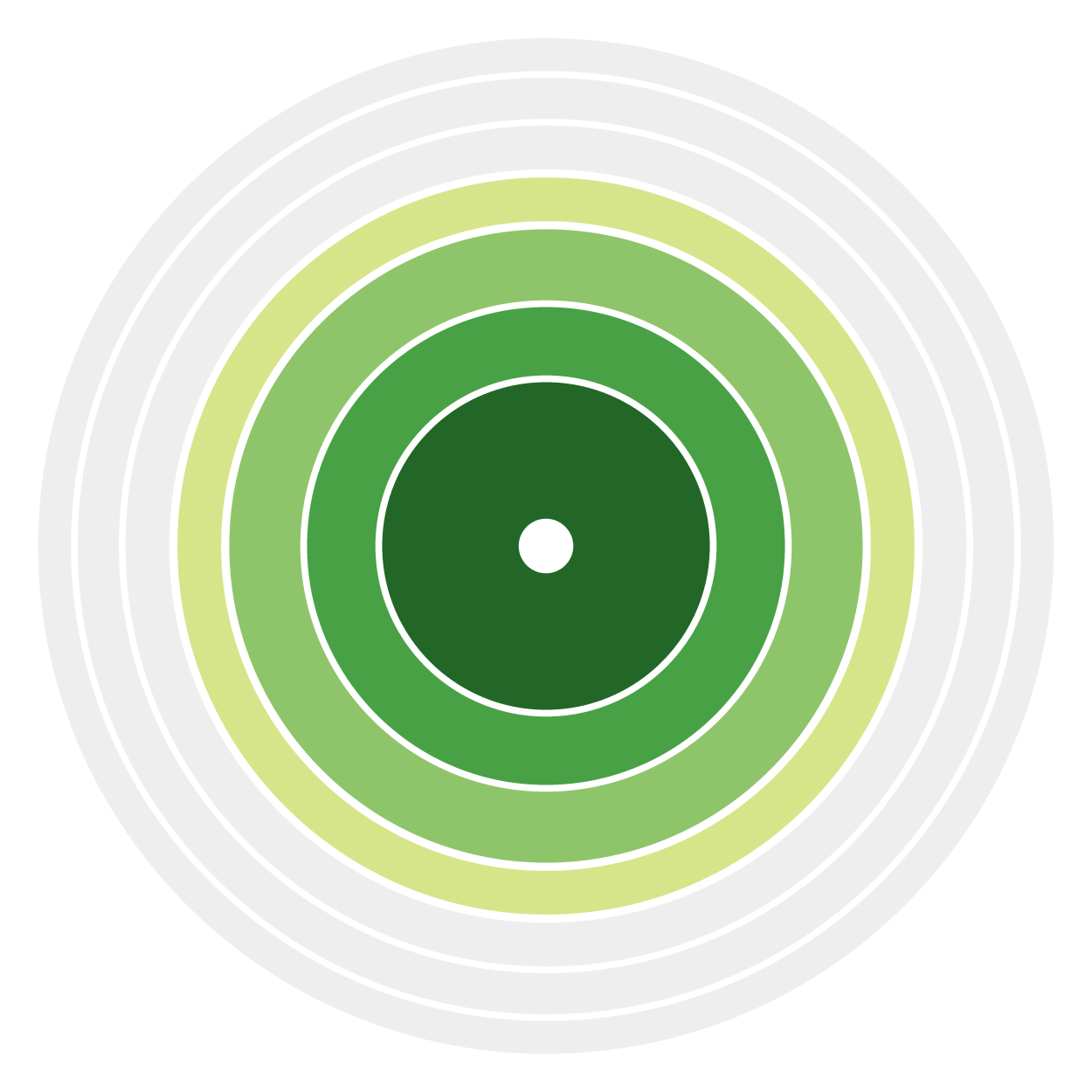Japanese vocabulary in the iKnow! Core 6000 list
iKnow! Japanese Core 6000 Vocab 301-400
QUICK STUDY
FLASHCARDS
DOWNLOAD
1. spicy; hot
2. salty
(click the word to view an additional 2 meanings, examples and links)
pronoun
1. there; over there; that place; yonder; you-know-where (see also: どこ, ここ, そこ; place physically distant from both speaker and listener; often written with kana only)noun
2. genitals; private parts; nether regions (colloquialism; often written with kana only; CODE euph MISSING!; this meaning is restricted to reading あそこ, あすこ, アソコ)(click the word to view an additional 1 meaning and 3 forms, examples and links)
Most common form: くる
irregular verb くる, intransitive verb
1. to come (spatially or temporally); to approach; to arriveirregular verb くる, intransitive verb, auxiliary verb
2. to come back; to do ... and come back (see also: 行って来る)(click the word to view an additional 3 meanings and 2 forms, examples and links)
noun
1. in front (of); before (e.g. a building)noun, 'no' adjective, adverb
2. before; earlier; previously; prior; ago; (minutes) to (the hour)(click the word to view an additional 4 meanings, examples and links)
noun
1. the fifth day of the month2. five days
(click the word to view an additional 3 forms, examples and links)
Most common form: 一杯
'na' adjective, adverb, noun, 'no' adjective
1. amount necessary to fill a container (e.g. cupful, spoonful, etc.); drink (usu. alcoholic)2. full
(click the word to view an additional 4 meanings and 3 forms, examples and links)
'u' godan verb, intransitive verb
1. to differ (from); to vary2. to not be in the usual condition
(click the word to view an additional 3 meanings, examples and links)
1. thin; slender; fine
2. unlucky (billiards slang) (slang)
(click the word for examples and links)
noun
1. the eighth day of the month2. eight days
(click the word to view an additional 4 forms, examples and links)
noun
2. flattery(click the word to view an additional 2 readings, examples and links)
1. strong; powerful; mighty; potent
2. resistant; resilient; durable (... に強い)
(click the word to view an additional 2 forms, examples and links)
numeric
1. seven (漆 is used in legal documents)prefix
2. hepta-(click the word to view an additional 2 readings and 4 forms, examples and links)
noun
1. twentieth day of the month2. twenty days
(click the word to view an additional 3 forms, examples and links)
noun
1. second day of the month2. two days
(click the word to view an additional 2 forms, examples and links)
warm; mild; genial (暖かい, 暖い usu. refer to air temperature)
(click the word to view an additional 1 reading and 3 forms, examples and links)
Most common form: ある
irregular 'ru' godan verb, intransitive verb
1. to be (usu. of inanimate objects); to exist; to live (see also: 居る; often written with kana only)2. to have (often written with kana only)
(click the word to view an additional 3 meanings and 2 forms, examples and links)
2. sufficient (can be used to turn down an offer); ready; prepared (see also: 良い)
(click the word to view an additional 2 meanings and 1 form, examples and links)
noun, 'no' adjective, adverbial noun (fukushitekimeishi), noun (suffix)
1. above; up; over; elder (e.g. daughter)2. top; summit
(click the word to view an additional 11 meanings, examples and links)
delicious; tasty; sweet (often written with kana only)
(click the word to view an additional 2 forms, examples and links)
adverbial noun (fukushitekimeishi), noun (temporal) (jisoumeishi)
yesterday(click the word to view an additional 1 reading and 2 forms, examples and links)
Most common form: きれい
2. clean; clear; pure; tidy; neat (often written with kana only)
(click the word to view an additional 1 meaning and 4 forms, examples and links)
(click the word to view an additional 2 forms, examples and links)
noun, 'no' adjective, noun (suffix), prefix
1. previous; prior; former; first; earlier; some time ago; preceding2. point (e.g. pencil); tip; end; nozzle
(click the word to view an additional 5 meanings and 3 forms, useful expressions, examples and links)
2. uninteresting (esp. joke); lame; dull; weak; corny (see also: お寒い)
(click the word to view an additional 1 reading, examples and links)
noun
1. the third day of the month2. three days
(click the word to view an additional 4 forms, examples and links)
noun
1. below; down; under; younger (e.g. daughter)2. bottom
(click the word to view an additional 5 meanings, examples and links)
1. safe; all right; alright; OK; okay; sure
2. certainly; surely; undoubtedly
(click the word to view an additional 1 reading and 1 meaning, examples and links)
noun, 'no' adjective
adult(click the word to view an additional 1 reading and 2 forms, examples and links)
'su' godan verb, transitive verb
1. to take out; to get out2. to put out; to reveal; to show
(click the word to view an additional 6 meanings, examples and links)
2. coldhearted; unfeeling
(click the word to view an additional 1 reading, examples and links)
noun
1. younger brother; little brother; kid brother (humble)2. pupil; apprentice (archaic; this meaning is restricted to reading てい)
(click the word to view an additional 3 readings, examples and links)
noun
1. mouth2. opening; hole; gap; orifice
(click the word to view an additional 10 meanings, useful expressions, examples and links)
adverbial noun (fukushitekimeishi), noun (temporal) (jisoumeishi)
summer(click the word for examples and links)
adverb, noun, 'no' adjective
sometimes; at times(click the word to view an additional 3 forms, examples and links)
pronoun, 'no' adjective
1. what(click the word to view an additional 1 reading, 4 meanings and 3 forms, examples and links)
noun
1. man; person2. human being; mankind; people
(click the word to view an additional 5 meanings and 2 forms, useful expressions, examples and links)
noun
1. one person (esp. 一人)2. alone; unmarried; solitary (esp. 独り; this meaning is restricted to reading ひとり)
(click the word to view an additional 1 reading and 4 forms, useful expressions, examples and links)
noun
1. first day of the month (usu. 一日 or 1日)2. first ten days of the lunar month (archaic; this meaning is restricted to reading ついたち)
(click the word to view an additional 1 reading and 5 forms, examples and links)
noun
1. the ninth day of the month2. nine days
(click the word to view an additional 1 reading and 2 forms, examples and links)
noun
1. direction; way; side; area (in a particular direction)2. side (of an argument, etc.); one's part
(click the word to view an additional 5 meanings, examples and links)
noun, 'no' adjective
1. other (place, thing, person); the rest2. outside; beyond (esp. 外; often written with kana only)
(click the word to view an additional 2 meanings and 2 forms, examples and links)
Most common form: ぼく
2. you (used addressing young children)
(click the word to view an additional 1 meaning, examples and links)
auxiliary adjective
2. I want (you) to (after the -te form of a verb; often written with kana only)(click the word for examples and links)
numeric
1. 10,000; ten thousand (萬 is sometimes used in legal documents)noun, 'no' adjective
2. myriad(click the word to view an additional 1 reading, 2 meanings and 2 forms, examples and links)
ichidan verb, intransitive verb
1. to be seen; to be visible; to be in sight2. to look; to seem; to appear
(click the word to view an additional 1 meaning and 2 forms, useful expressions, examples and links)
Most common form: やめる
ichidan verb, transitive verb
1. to stop (an activity); to cease; to discontinue; to end; to quit (often written with kana only; this meaning is restricted to form 止める, 已める)2. to cancel; to abandon; to give up; to abolish; to abstain; to refrain (often written with kana only)
(click the word to view an additional 3 forms, examples and links)
noun
1. fourth day of the month2. four days
(click the word to view an additional 3 forms, examples and links)
adverbial noun (fukushitekimeishi), noun (temporal) (jisoumeishi)
evening; night(click the word to view an additional 1 reading, examples and links)
adverbial noun (fukushitekimeishi), noun (temporal) (jisoumeishi)
next year(click the word to view an additional 2 forms, examples and links)
numeric
six (陸 is used in legal documents)(click the word to view an additional 2 readings and 3 forms, examples and links)
1. bad; poor; inferior
2. evil; sinful
(click the word to view an additional 3 meanings and 3 forms, examples and links)
noun
toilet; restroom; lavatory; bathroom(click the word to view an additional 2 forms, examples and links)
pronoun, 'no' adjective
1. myself; yourself; oneself; himself; herself2. I; me
(click the word to view an additional 1 meaning, examples and links)
'ru' godan verb, intransitive verb
to be found; to be discovered(click the word to view an additional 2 forms, examples and links)
'mu' godan verb, intransitive verb
1. to be absent; to take a day off2. to rest; to have a break
(click the word to view an additional 2 meanings, examples and links)
adverb, noun, 'suru' verb, 'to' adverb
slowly; at ease; restful (onomatopoeic or mimetic word)(click the word for examples and links)
noun
1. flower; blossom; bloom; petal2. cherry blossom
(click the word to view an additional 5 meanings and 2 forms, examples and links)
'ku' godan verb, intransitive verb
1. to move; to stir; to shift; to shake; to swing2. to operate; to run; to go; to work
(click the word to view an additional 4 meanings, examples and links)
adverbial noun (fukushitekimeishi)
with the exception of; excepting(click the word for examples and links)
pronoun
1. he; him2. his
(click the word to view an additional 1 meaning, examples and links)
numeric
100; hundred (陌 and 佰 are used in legal documents)(click the word to view an additional 2 readings and 5 forms, examples and links)
noun
store; shop; establishment; restaurant (orig. an abbr. of 店棚, 見世棚)(click the word to view an additional 2 forms, examples and links)
2. to be firm (of a body, face, etc.); to be well-knit (this meaning is restricted to form 締まる)
(click the word to view an additional 3 meanings and 3 forms, examples and links)
Kanshudo is your AI Japanese tutor, and your constant companion on the road to mastery of the Japanese language.
To get started learning Japanese, just follow the study recommendations on your Dashboard.
You can use Quick search (accessible using the icon at the top of every page) to look up any Japanese word, kanji or grammar point, as well as to find anything on Kanshudo quickly.
For an overview, take the tour.




